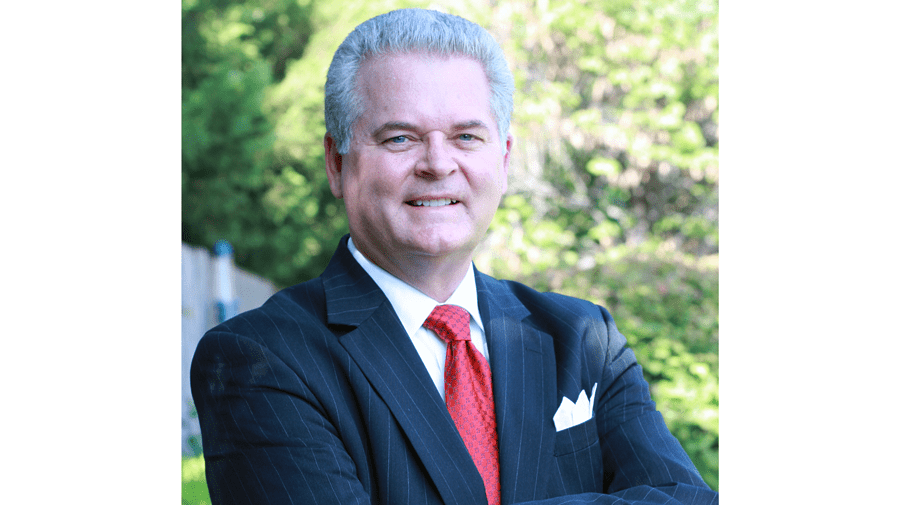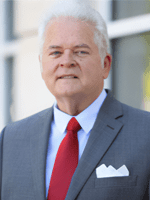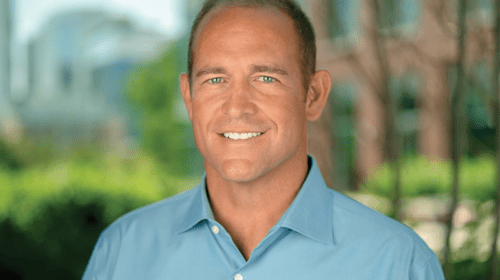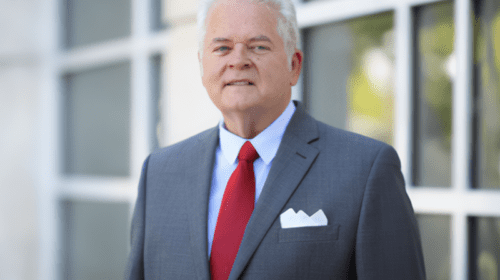Strategic Optimization 1440 (the number of minutes in a day) is an initiative that I have designed for companies in the process of corporate development. The energy industry is challenged with the global energy transition dialogue.
This is the first in a series based upon the theme of “Strategic Optimization 1440.” I interviewed José Beceiro for the National Energy Talk podcast, which aired on October 2nd. The following is an excerpt from that interview.
José Beceiro serves as the senior director of the Global Energy 2.0 initiative for the Greater Houston Partnership. Beceiro is the founder and CEO of Beceiro Strategies. He has worked in the cleantech and high-tech industries for 15 years. His background and areas of expertise include clean energy project development, site selection, university research collaboration, economic development strategy and corporate business development. As an economic developer, he helped grow Austin’s cleantech industry to over 250 companies and 20,000 jobs.
Mark Stansberry: Where does the oil and gas industry fit [in the energy transition]? Where do all forms of energy fit? You’re seeing that in the oil and gas capital of the world and that’s happening in Houston. Tell us from 2012 onward [about] this great journey you’ve had.
José Beceiro: Back in 2012, when I was working for the Austin Chamber for the Austin, Texas, region, we were focused on diversifying our regional economic pace and leveraging our tech industry, our IT software industry, computer industries, to try to diversify into new, what we call “next wave” industry sectors. Cleantech renewables were really the target of the program I was working on in Austin. Fast forward to today and my work throughout the decade… I worked for two different universities on energy research programs; I’m working for the Greater Houston Partnership right now; I’ve done my own project development work as a consultant to build solar farms in Texas. But, what’s really interesting is, regions around the nation and, especially in Texas, have focused strengths in certain areas [and] in Houston it’s energy, primarily. What you start to learn is that every industry is going through a revolution right now; energy is no exception.
When we talk about energy transition or energy 2.0, we’re talking about the entire energy industry; we’re talking about renewable energy, we’re talking about battery energy storage, electric vehicle infrastructure, we’re talking about oil and gas as well. One interesting thing we’re seeing [is] this trend of not just the energy sector, but health care, life sciences, the space industry, manufacturing – you name it – all going through this digital transformation, dealing with more data in real time, adding more digital technologies to make decisions more quickly, more efficiently, to reduce errors and calculations and predictions judgement. So, that’s really what we’re seeing in the energy sector today, including oil and gas; [it] truly an automation digitization and that’s what energy 2.0 really means. It’s about bringing new, advanced digital technologies to Houston, to the doorstep of the global energy industry, especially oil and gas companies, really trying to create a convergence of technology and energy to help the industry accelerate the transition to a low carbon energy. And that’s really the ultimate goal. In Houston today, we want Houston to remain as a global energy capital, which it is. We have 18 Fortune 500 energy corporate headquarters; we have over 250,000 direct energy jobs. When you add indirect and induced jobs, it’s over a million jobs in Houston that are tied to the energy sector. So, we want Houston to continue to be this global energy capital, but we realize in order to remain this global energy capital, we have to lead the world in energy transition. It’s about understanding what’s happening and the transformations happening inside the energy sector; that’s really what we’re focused on.
Please go to the National Energy Talk podcast to hear the full interview with José Beceiro.
Mark A. Stansberry, Chairman of The GTD Group, is an award-winning author, columnist, film and music producer, radio talk show host and 2009 Western Oklahoma Hall of Fame inductee. Stansberry has written five energy-related books. He has been active in the oil and gas industry for over 44 years, having served as CEO/President of Moore-Stansberry, Inc., and The Oklahoma Royalty Company. He has served as Chairman of the Board of Regents of the Regional University System of Oklahoma, Chairman 2016-2017 of the Gaylord-Pickens Museum/Oklahoma Hall of Fame Board of Directors, Lifetime Trustee of Oklahoma Christian University, and Board Emeritus of the Oklahoma Governor’s International Team. He has served on several public and private boards.
Oil and gas operations are commonly found in remote locations far from company headquarters. Now, it's possible to monitor pump operations, collate and analyze seismic data, and track employees around the world from almost anywhere. Whether employees are in the office or in the field, the internet and related applications enable a greater multidirectional flow of information – and control – than ever before.








